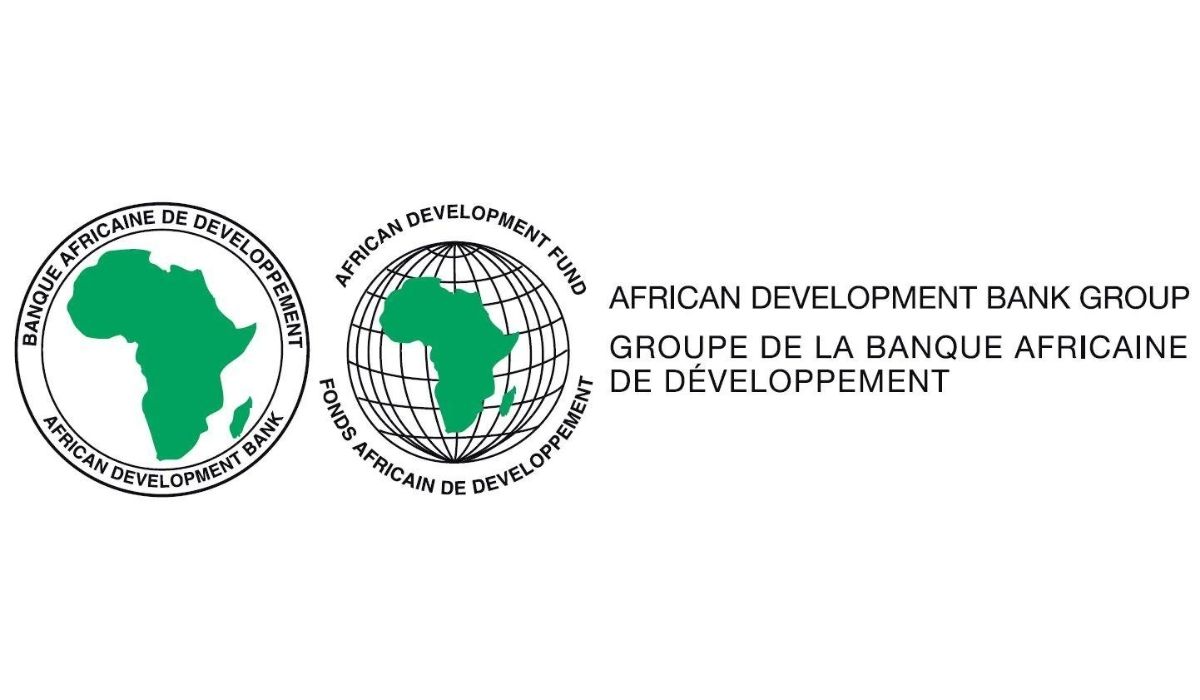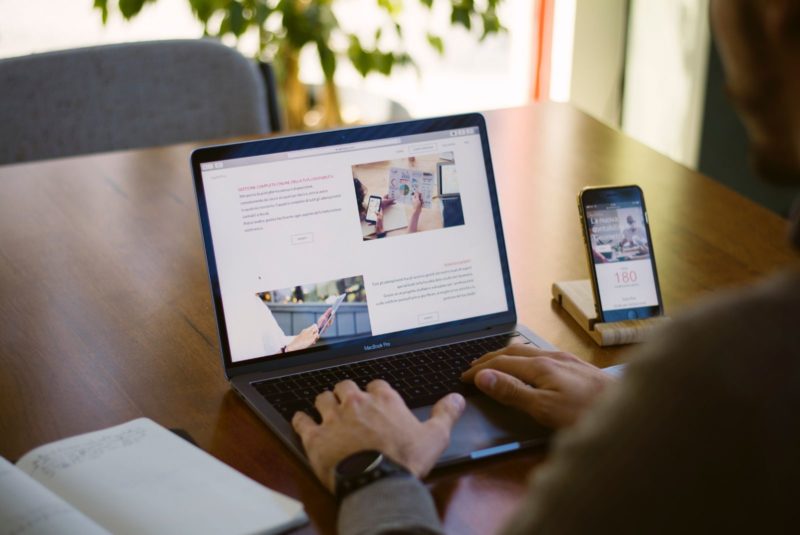African Development Bank President Dr Akinwumi A. Adesina has highlighted the importance of stopping desertification in Africa’s Sahel and turning the region green.
Adesina spoke at a high-level side event held on Monday 1 November, on the Great Green Wall initiative during the ongoing UN global climate conference, COP26, in Glasgow, Scotland. The event was co-hosted by His Royal Highness Prince of Wales, French President Emmanuel Macron, and Mauritanian President Ould Ghazaouni.
The African Development Bank is a major partner in this bold project, which involves building an 8,000 km long and 15 km wide swathe of trees, grasslands, vegetation, and plants across the Sahel. It will restore degraded land and help inhabitants of the Sahel produce food, create jobs and promote peace. Yesterday’s gathering focused on marshaling efforts to scale up the implementation of the project as a critical nature-based solution to climate change in Africa.
Adesina thanked HRH The Prince of Wales for what he said was the Prince’s global leadership and lifetime commitment to safeguarding nature and the environment.
He also commended French President Emmanuel Macron for his passion and leadership on climate issues, especially in Africa, and for appointing him as a Global Champion for the Great Green Wall initiative, to help mobilize financing for it. He said the French president’s leadership in convening the One Planet Summit for Biodiversity earlier in the year and his call for commitment to accelerate actions had been a turning point for the Great Green Wall for the Sahel and the Sahara.
The African Development Bank chief applauded the leadership and commitment of all African heads of state on the Great Green Wall.
“The Great Green Wall is not a wall that divides. It is a wall that unites — uniting livelihoods, resilience, and adaptation against climate change,”
Dr Akinwumi A. Adesina, President of African Development Bank
Adesina said desertification, obliteration by sand dunes, and droughts, had continued to pummel vast areas of the Sahara and the Sahel. “Life is unbearable, so people migrate, populations are displaced, conflicts are aggravated as previously co-existing communities of farmers and herders engage in relentless battles over declining communal resources,” he explained. He said that for the millions of people in the region, it was either they adapt or see the disappearance of the Sahel.
The African Development Bank has committed to mobilize $6.5 billion towards the Great Green Wall initiative, by 2025. This is 45% of the $14.5 billion that development partners committed to the initiative at the One Planet Summit in Paris. It also represents 20% of the $33 billion needed to deliver on the 10-year priority investments of the Great Green Wall by 2030.
The Bank chief said his institution was delivering on its commitment through several projects, including $2 billion for the Desert-to-Power program to deliver universal access to electricity in the G5 Sahel countries (Niger, Chad, Mali, Mauritania, Burkina Faso) via solar power. The Green Climate Fund recently approved $150 million for this project. The Bank is also mobilizing $2 billion for digital climate advisory services, as part of the African Adaptation Acceleration Program. And yet a third is $1 billion from the Bank’s Technologies for African Agricultural Transformation to deploy climate-resilient technologies at scale to millions of farmers.











